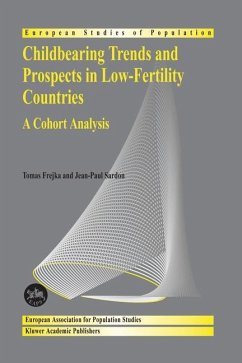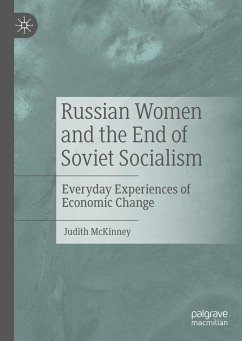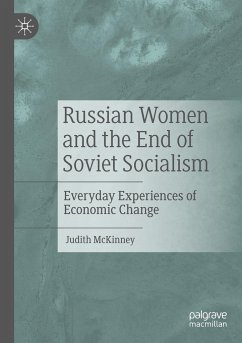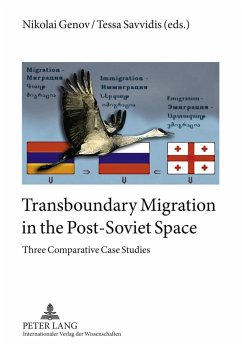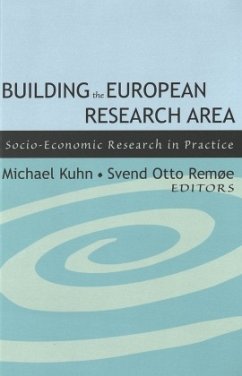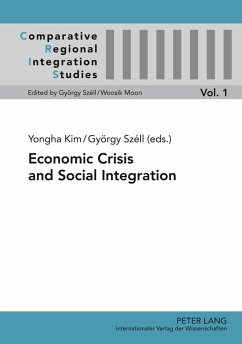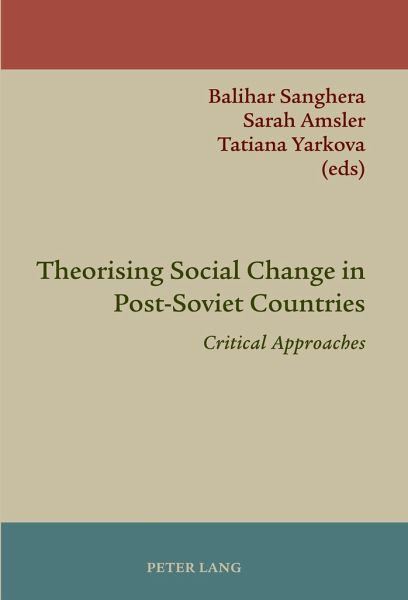
Theorising Social Change in Post-Soviet Countries
Critical Approaches
Herausgegeben: Sanghera, Balihar; Amsler, Sarah S.; Yarkova, Tatiana
Versandkostenfrei!
Versandfertig in 6-10 Tagen
94,35 €
inkl. MwSt.

PAYBACK Punkte
0 °P sammeln!
The book traces three main approaches to the sociology of post-Soviet societies: studies guided by neoliberal theory and/or practice; work which may be termed neoconservative in orientation, and which is often a response to the first; and a third type of work that is considered both critical and reflexive, and which seeks to transcend the limitations of the other approaches. The book is divided into three parts, addressing polity, culture and economy. In each section, authors endeavour to transcend both neoliberalism and neoconservatism, and reach for a third approach, 'critical social science...
The book traces three main approaches to the sociology of post-Soviet societies: studies guided by neoliberal theory and/or practice; work which may be termed neoconservative in orientation, and which is often a response to the first; and a third type of work that is considered both critical and reflexive, and which seeks to transcend the limitations of the other approaches. The book is divided into three parts, addressing polity, culture and economy. In each section, authors endeavour to transcend both neoliberalism and neoconservatism, and reach for a third approach, 'critical social science'. This is a broad movement, and the authors vary in their own explanatory and normative ideas as they carve out frameworks that will enable them to develop a more rigorous and at the same time more comprehensive and critical understanding of social change.






